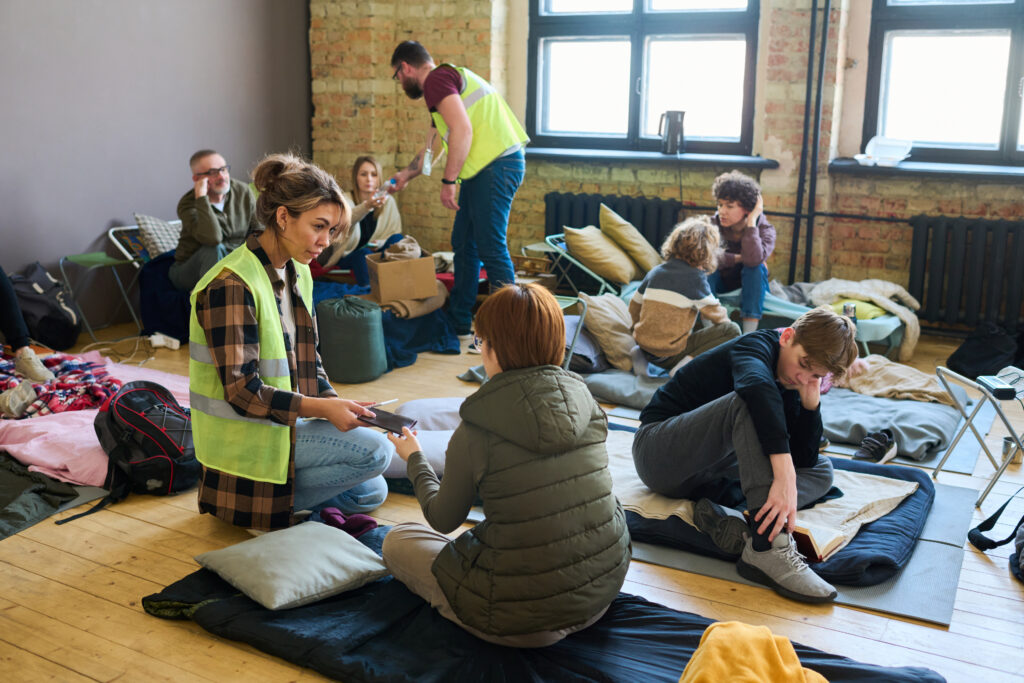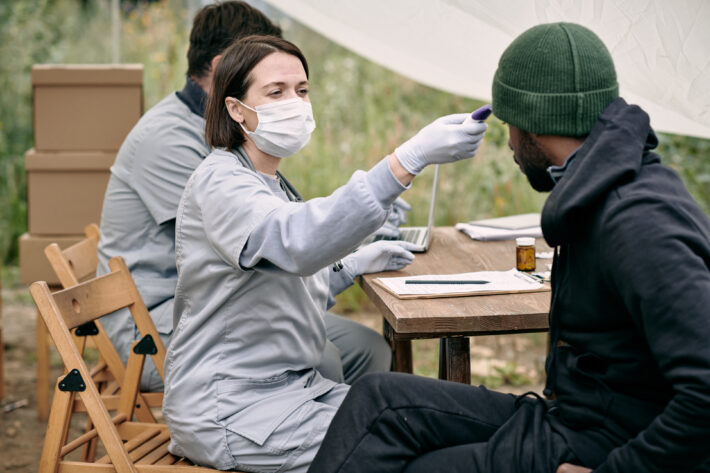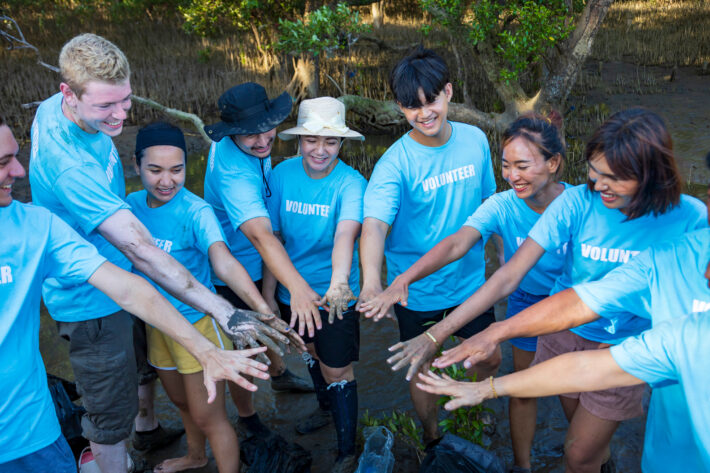Navigating Your New Life in Australia: Essential Tips for Migrants

Practical advice on settling into Australia, including tips on finding housing, understanding local services, and integrating into the community. Include information on cultural norms and local customs to help new arrivals adjust smoothly.
The journey to Australia can be an exciting one, filled with new opportunities, culture and experiences but it may also come with some challenges. When it comes to settling into a new culture and community, understanding how to find housing, access local services, and integrate smoothly into the Australian culture will make your transition easier. We hope this guide will provide you with essential tips to help you feel at home here
1. Finding Housing in Australia
Securing accommodation can be a daunting task, but it is one of the first priorities when you arrive in Australia. Here’s what you need to consider:
- Start your search as early as possible: You can rent or buy in Australia, so it’s a good idea to start researching housing options as soon as possible. There are several websites that can assist in this such as realestate.com.au and Domain.com.au. These are helpful resources for understanding the local property market, especially if you are hoping to settle in major cities like Sydney, Melbourne, and Brisbane.
- Consider temporary accommodation: There is a vast variety of temporary accommodation in Australia that is really accessible. If you haven’t been able to find a permanent residence, consider staying in short-term accommodation such as hotels, hostels, or serviced apartments. There are also many share house options available via social platforms such as Facebook.
- The rental process: Renting a property in Australia involves submitting an application, providing references, and showing proof of income. You will also need to pay a bond (security deposit), which is typically equivalent to 4-6 weeks’ rent. This can be tough on arrival, without a secure income.
- Connecting utilities: Once you’ve secured a property, make sure to set up essential services like electricity, gas, water, and internet. Major providers include AGL, Origin, and Telstra. You can compare plans on websites like iSelect or Canstar to find the best deals.
2. Accessing Local Services
Understanding how to navigate Australian services is crucial for settling in.
- Healthcare: Australia has a public healthcare system called Medicare, which provides free or subsidised medical care to Australian citizens and permanent residents. Medical in Australia under this public banner is still amazing. If you’re eligible, make sure to apply for a Medicare card as soon as you arrive. If you wnat to explore more indepth cover, private health insurance is available for those who want it.
- Banking: Managing your finances in Australia is easy with the opening of your first Australian bank account. The 4 major banks include Commonwealth Bank, ANZ, Westpac, and NAB. There are also smaller banks that may offer better services, so it’s worth looking around. You’ll need to provide identification, such as your passport and visa, along with proof of address. Most banks offer special accounts for newcomers to Australia, so it’s worth asking about these options.
- Using public transport: Australia’s cities have well-developed public transport systems, including buses, trains, and trams. Most cities use a smart card system (e.g., Opal in Sydney or Myki in Melbourne) to make traveling easy. In regional areas, however, owning a car might be more practical. If you plan to drive, check the regulations for converting your overseas driver’s license to an Australian one, as rules vary between states and territories.
3. Integrating into the Community
Becoming part of the local community can help you make friends, and allow you to feel more at home in Australia. Here area few ways you can get involved:
- Community groups and volunteering: Joining local groups is one of the best ways to meet people and build a network. There are numerous community centres, sports clubs, and cultural associations across Australia that welcome newcomers. There are also many local groups on social media platforms catering for all hobbies and passions. Volunteering can also be another excellent way to get involved and contribute to the community while making new connections.
- Language support: If English is not your first language, improving your language skills will help you navigate daily life. Many community centres and government-funded programs offer free or low-cost English language courses to help migrants commincate. Navitas Skilled Futures, for example, provides English language and settlement courses to help migrants settle into life in Australia.
- Schooling for children: If you have children, familiarise yourself with the Australian education system. Public schools are free for permanent residents, but private schooling is also available. Schools often serve as important community hubs where families can connect and get involved in local events and activities.
4. Understanding Australian Cultural Norms and Customs
Australia is a multicultural society, and while it’s diverse and welcoming to people from all over the world, it’s essential to understand the local customs and norms to help you integrate smoothly.
- Be polite and friendly: Australians are known for their laid-back and friendly attitude. When meeting someone for the first time, it’s usual to greet them with a handshake and a smile. Australians will often use casual greetings like “G’day” (short for Good Day, or Hello) or “How’s it going?” (How are you?) in everyday conversations, even with strangers.
- Respect for personal space: Australians value personal space and privacy. It’s important to be mindful of this in public settings, especially when interacting with people you don’t know well. They value patience and and won’t take kindly to being rushed. Additionally, it’s common for people to address each other by their first names, even in professional environments.
- Punctuality: Being on time is important in Australia, whether for work, social gatherings, or appointments. Arriving late without notice is generally considered rude, so try to be punctual whenever possible.
- Social customs and holidays: Australians love to celebrate everything. Public holidays such as Australia Day (January 26) and Anzac Day (April 25) are major national events. Participating in these celebrations is a great way to experience local culture and connect with your community.
5. Additional Tips for Migrants
- Legal rights and support: Australia offers a range of support services for migrants. These include settlement services, legal aid, and community support organisations that can provide assistance with everything from housing to employment. The Department of Home Affairs website is a valuable resource for information on your rights and responsibilities as a new migrant.
- Employment and work culture: Australia has strong workplace protections and a fair minimum wage. Understanding your rights as an employee is crucial. There are also many job search websites such as Seek, Indeed, and LinkedIn where you can look for employment opportunities.
Final Thoughts
Moving to Australia is a significant life change, but with the right preparation and mindset, it can be a rewarding experience. By taking the time to understand the local housing market, accessing essential services, and getting involved in the community, you’ll be well on your way to creating a fulfilling new life in Australia. Embrace the cultural diversity, and remember that settling in takes time—so be patient with yourself and enjoy the journey.


